Add-on Fellowships for Interdisciplinary Economics and Interdisciplinary Business Administration
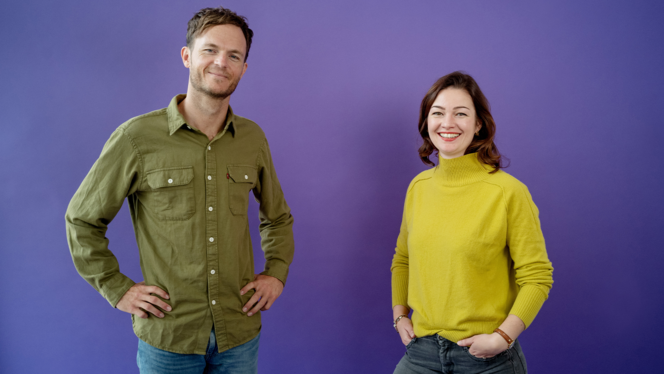
Each year, we support up to 50 young scientists who are employed at an academic institution in Germany, whose economic research questions are interdisciplinary and highly relevant to society, and who thus contribute to the achievement of the Sustainable Development Goals.
Funding
With the Fellowship, Add-on Fellows receive financial support and are part of a network of young dedicated scientists.
Who is eligible?
The program is aimed at doctoral students, postdocs and junior professors working in a discipline related to economics.
What will be supported?
The Add-on Fellowships include networking meetings on topics such as career development, science communication and transfer activities, as well as financial support of up to 12,500 euros. The funds can be used flexibly and individually within the two-year term. In addition, we support Fellows with children with up to 3,000 euros for the purposes of balancing a family and career.
How can the funds be used?
The funding may be used for, among other things:
- Travel costs and participation fees for research stays, conference visits, further training or events.
- Acquisition of hardware, software or data ressources
- (Open access) publications costs
- Activities in science communication
as well as:
- Childcare expenses
- Travel costs of accompanying persons
Application
Prerequisite
Employment at a nonprofit institution of higher education or research in Germany is required. The exact conditions can be found in the guidelines.
Application documents
All documents can be submitted online via the application form:
- Completed application form
- Explanation of planned use of the funds (1/2 DIN A4 page)
- Curriculum vitae (max. four pages, no picture)
- Records of achievements (certificates)
- Statement from the supervisor concerning the need for the fellowship (max. one DIN A4 page)
Contact
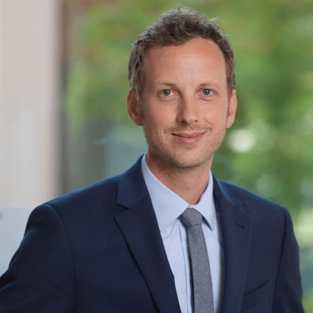
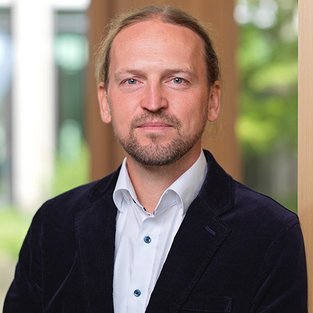
Jury
-
Dr. Charlotte Bartels, German Institute for Economic Research
-
Prof. Dr. Miriam Beblo, University of Hamburg
-
Prof. Dr. Urs Fischbacher, University of Konstanz
-
Prof. Dr. Matthias Weiss, Zeppelin University
-
Prof. Dr. Johannes Wohlfahrt, University of Cologne
Who we promote
With our Add-on Fellowships for Interdisciplinary Economics and Interdisciplinary Business Administration we support the interdisciplinary work of young scientists. Here you can see what our current and former fellows are working on and what they have to say about the Add-On Fellowship.
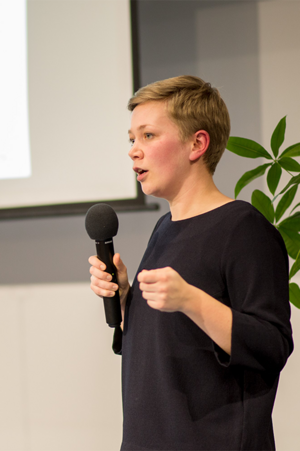
Dr. Eva Markowsky, Universität Hamburg
Dr. Eva Markowsky works at the Department of Social Economics at the University of Hamburg and has been an Add-on Fellow since 2022. She researches what effect language skills and cultural norms have on preferences and economic behavior. What does she say about the fellowship program?
"Through the funding of the fellowship program, I hope to be able to (partially) finance some cost-intensive research projects, the realization of which would not be possible without external funding. In the critical transition from the doctoral to the postdoc phase, I feel it is very important to be able to implement promising ideas quickly. Something like this sharpens the research profile immensely and I can develop myself further for this purpose."
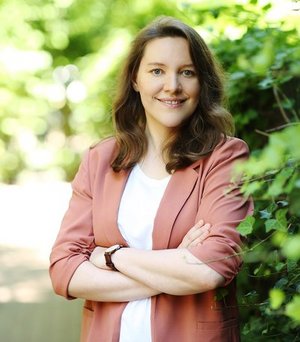
Dr. Charlotte Gerling, Brandenburg University of Technology Cottbus-Senftenberg
Almost one third of animal and plant species in Germany are considered endangered. Worldwide, vertebrate populations have declined by an average of 68 percent since 1970. Species extinction threatens our entire ecosystem - because biodiversity forms the basis of our lives: Biodiversity provides us humans with food as well as active ingredients for medicines and enables recreation in nature. It also supports climate regulation, as species-rich ecosystems absorb more carbon and thus remove greenhouse gases from the atmosphere.
To minimize these negative impacts, the protection of habitats, endangered species and sustainable use of natural resources is of great importance. Species protection entails costs, such as compensation payments to farmers for species protection measures. Economic research comes into play when it comes to finding the most cost-effective strategies for biodiversity conservation.
Do species protection strategies have to be expensive?
Environmental economist Dr. Charlotte Gerling is researching what cost-effective and flexible strategies for species conservation might look like. Flexibility is necessary because habitats are changing or disappearing due to climate change. Animals and plants can adapt to habitat changes to some degree. Species conservation must remain flexible to be effective under these conditions.
In her research, Charlotte Gerling looks at specific areas, for example in Schleswig-Holstein. Together with scientists from the fields of economics, ecology and mathematics, she creates ecological-economic models for these areas. The models are based on existing species protection programs, such as those of the European Union, and reproduce them in simplified form.
With the help of the models, she hopes to answer the following questions: What works well? What can we learn from this for other areas? What are the costs associated with each species conservation measure?
In addition, she conducts surveys to find out which species protection strategies meet with approval among the population. In this way, she wants to help develop strategies that are cost-effective and flexible on the one hand - and accepted by local people on the other.
Voices of our alumnae
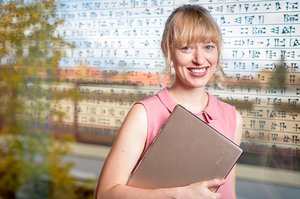
Prof. Dr. Janina Steinert (Alumna), TU Munich
"The Add-on Fellowship has allowed me to conduct independent research. I was able to further my education and advance my career. For example, the publications I published during the fellowship were an important basis for applying for a junior professorship."
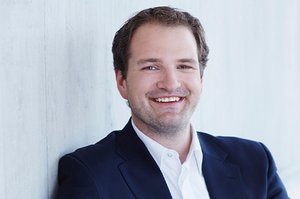
Ass. Prof. Dr. Daniel Blaseg (Alumni), ESADE Business School, Barcelona
"The fellowship is very flexible, so it allowed me to learn about related disciplines and expand my work to include aspects from different subjects (e.g., law). Based on the experience I've had, I plan to continue working on interdisciplinary issues."
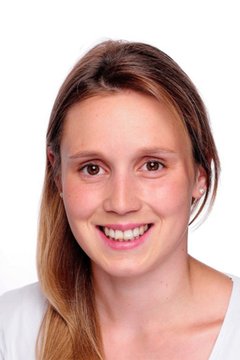
Astrid Harnack-Eber (alumna), research associate at the National Student Clearinghouse
"The Add-on Fellowship has had a positive impact on my career and prospects. I was able to establish new collaborations and gain a strong network that continues to support me and will allow me to further enhance my research."
Current Fellows & Alumni
Additional funding opportunity: transfer fellowships
As of autumn 2023. We are offering support up to three Add-on fellows or alumni per year with up to 80,000 euros to pursue a transfer idea within their scientific activities. The selected transfer fellows will receive support to develop projects that are based on their scientific findings and aim to have a societal impact.